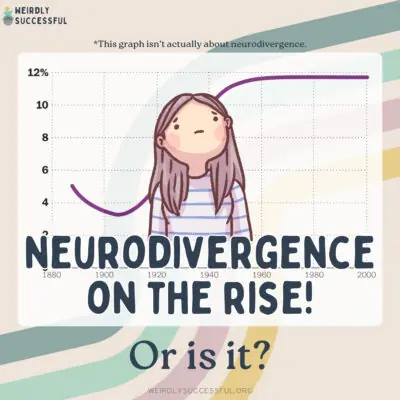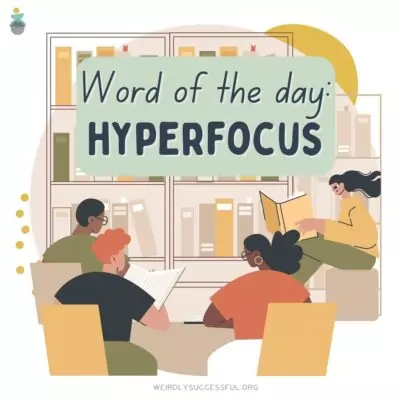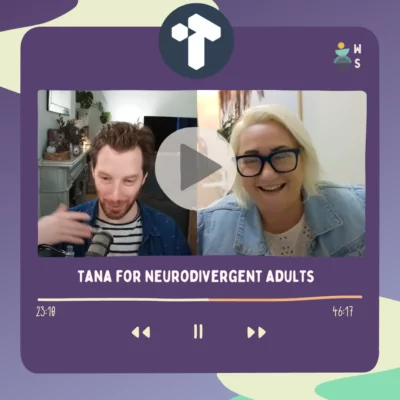Welcome to the blog!
Read our latest articles on strategies for neurodivergent work & life, myth-busting, experiences and everything you didn’t know you wanted to know. 🙂
Latest Blogposts
Browse by category
Even more blogposts
Join our newsletter, and get research-backed, experience-validated strategies & guides for a neurodivergent work & life that you can adapt to what success looks like to you.
Latest Glossary entries
proprioception
Proprioception refers to the sensory system that provides information about body position, movement, and spatial orientation without visual input (i.e. knowing where our body parts are without having to look at them).
vestibular system
The vestibular system is a sensory system located in the inner ear that detects head position and movement, working together with vision and proprioception (body position sense) to maintain balance and spatial orientation.
Sensory processing difficulties
Sensory processing difficulties are a group of traits associated with neurodivergence. They’re part of the wider group of sensory processing differences, meaning all the ways neurodivergent brains handle sensory information differently from neurotypical peers. Any of the brain’s 8 sensory processing systems can be affected by processing difficulties.
verbal shutdown
Verbal shutdown is a temporary inability to produce speech despite having intact language and thoughts – an involuntary neurological response to overwhelm. It’s when words exist in one’s mind but cannot be physically spoken due to sensory, emotional, or cognitive overload.
Casually and incorrectly it is sometimes also referred to as ‘going non-verbal’, but this term is not preferred by the non-speaking autistic community.














